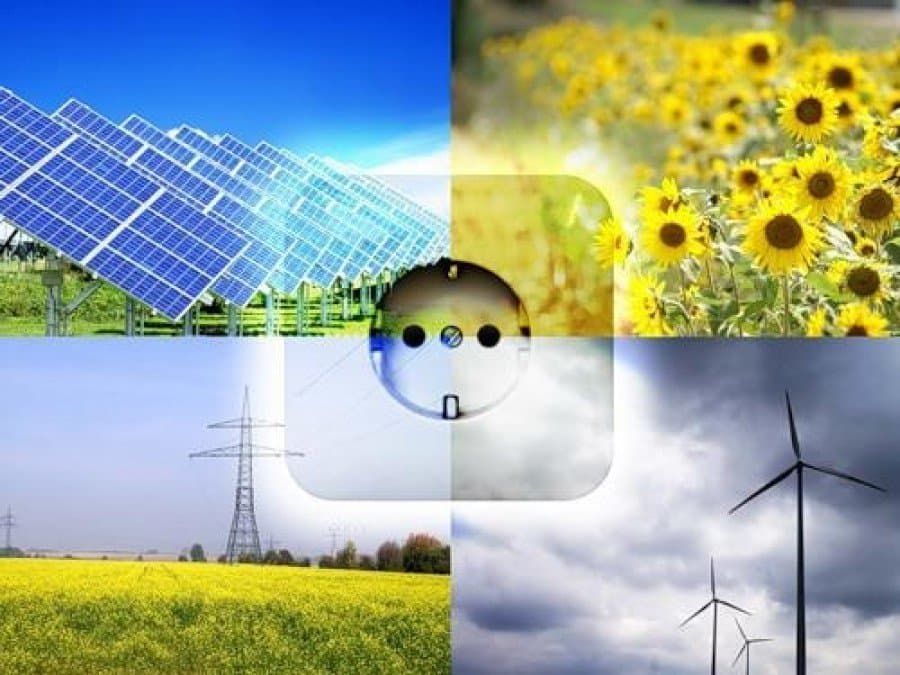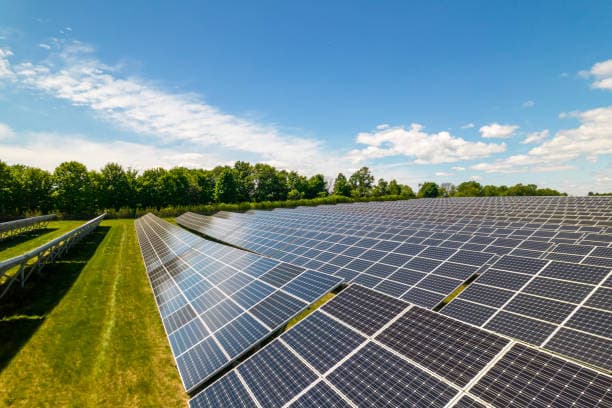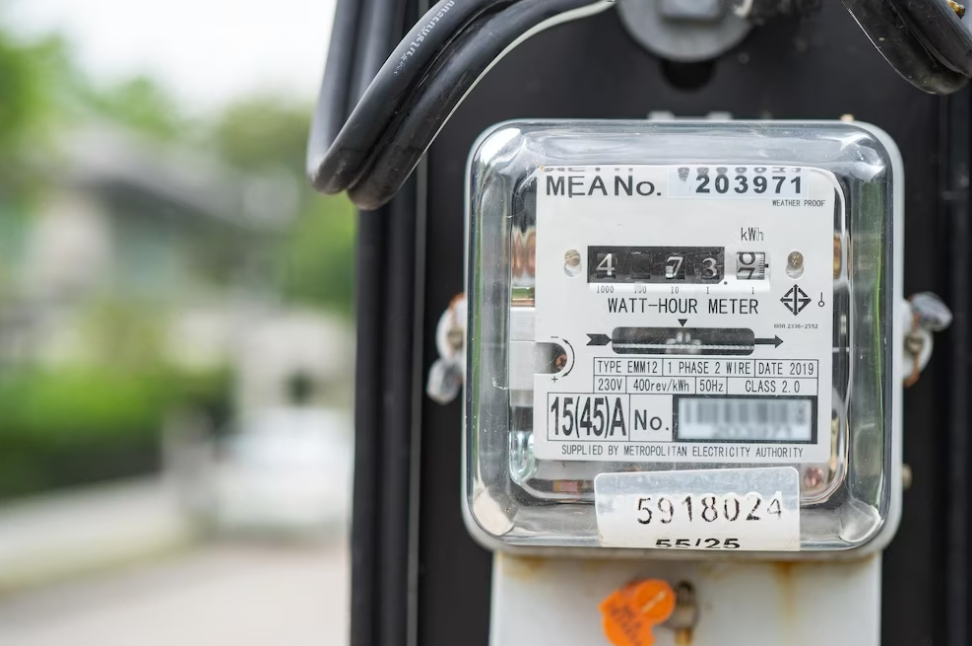In the search for sustainable energy sources, alternative energy has emerged as a promising solution to reduce dependence on limited fossil fuel reserves and mitigate environmental impacts. Alternative energy includes various renewable sources such as solar, wind, hydropower, geothermal and biomass. While these alternative sources have numerous advantages, they also have certain disadvantages. In addition, in some cases, there may be the problem of casinos sin licencia en España , that is, illegal gambling establishments, which are also an undesirable phenomenon for the society. Let’s understand the pros and cons of alternative energy.
Pros:
- Renewable Resource: Alternative energy sources are renewable and abundant, unlike fossil fuels, which are finite and non-renewable. This ensures a continuous and sustainable energy supply for future generations.
- Reduced Greenhouse Gas Emissions: Unlike fossil fuels, alternative energy sources produce minimal to zero greenhouse gas emissions during power generation, thereby mitigating climate change and reducing air pollution.
- Diverse Options: Alternative energy encompasses a diverse range of sources, allowing for flexibility in energy production based on geographical location, climate, and resource availability.
- Energy Independence: Investing in alternative energy reduces dependence on imported fossil fuels, enhancing energy security and sovereignty for nations.
- Job Creation: The alternative energy sector fosters job creation and economic growth, spanning various fields such as manufacturing, installation, maintenance, and research.
Cons:
- Intermittency: One major drawback of alternative energy sources like solar and wind is their intermittent nature. Energy generation depends on weather conditions, leading to variability in output and potential reliability issues.
- High Initial Costs: The initial investment required for setting up alternative energy infrastructure, such as solar panels or wind turbines, can be substantial. Despite long-term cost savings, high upfront costs may deter widespread adoption.
- Land and Resource Requirements: Large-scale deployment of alternative energy technologies often requires significant land area or resources, potentially leading to conflicts over land use and environmental concerns.
- Energy Storage Challenges: Storing energy from renewable sources for use during periods of low generation remains a technological challenge. Current energy storage solutions, such as batteries, may be costly and limited in capacity.
- Environmental Impact: While alternative energy sources offer environmental benefits compared to fossil fuels, they are not entirely devoid of environmental impacts. For instance, hydropower projects can disrupt aquatic ecosystems, and biomass energy may involve land-use changes and emissions.
Table: Comparison of Alternative Energy Sources
| Energy Source | Pros | Cons |
| Solar | Renewable, abundant | Intermittent, high initial costs, land requirements |
| Wind | Clean energy, no greenhouse gas emissions | Intermittent, visual impact, noise pollution |
| Hydro | Reliable, low operating costs | Environmental impact, ecosystem disruption |
| Geothermal | Continuous energy supply, low emissions | Limited to specific geological locations, drilling challenges |
| Biomass | Readily available, reduces waste | Land use conflicts, emissions, resource competition |
Policy Support and Future Outlook:
To fully realize the potential of alternative energy, strong policy support and incentives are essential. Governments worldwide must implement supportive policies such as renewable energy targets, feed-in tariffs, tax credits, and research funding to spur investment and innovation in the sector. Additionally, international cooperation and agreements are crucial to address global energy challenges collectively. Despite the current challenges, the future outlook for alternative energy remains promising. Continued advancements in technology, coupled with declining costs, are making alternative energy increasingly competitive with conventional fossil fuels. As awareness of climate change and environmental degradation grows, there is a growing consensus on the urgency of transitioning to sustainable energy sources. With concerted efforts from governments, industries, and individuals, alternative energy can play a significant role in shaping a cleaner, greener, and more sustainable future for generations to come.
Q&A:
Q: How does alternative energy contribute to mitigating climate change?
A: Alternative energy sources produce minimal greenhouse gas emissions, unlike fossil fuels, thereby reducing the carbon footprint and mitigating climate change effects.
Q: What challenges do wind energy projects face?
A: Wind energy projects encounter challenges such as intermittency, visual impact on landscapes, and noise pollution, which can affect their acceptance and effectiveness.
Q: Are there any environmental concerns associated with hydropower?
A: Yes, large-scale hydropower projects can disrupt aquatic ecosystems, alter river flow patterns, and impact local biodiversity, raising environmental concerns.
In, alternative energy presents a viable solution to address energy security, environmental sustainability, and climate change mitigation. While it offers numerous advantages, overcoming challenges such as intermittency, high costs, and environmental impacts is crucial for its widespread adoption and long-term viability. Continued research, technological advancements, and policy support are essential to realizing the full potential of alternative energy in the global energy transition.








